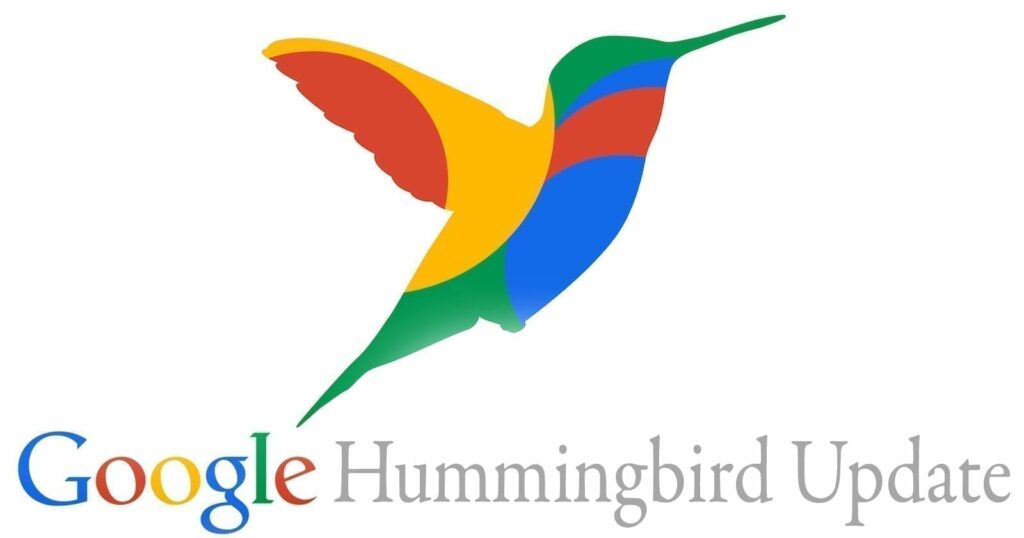Tips for Optimising Keywords in the Post-Hummingbird Era


Some of us might remember the days when a keyword itself actually dictated search rankings. Early SEO crawlers were not sophisticated enough to take context into account, and thus, the infamous “content farm” style of writing was born.
Then in 2013, Google launched Hummingbird, and things changed forever.
But what exactly is so unique about Hummingbird? You would be right to wonder, especially since earlier released algorithms like Penguin or Panda were already punishing sites for gratuitously spammy content and suspicious use of links.
At the core of it, Hummingbird was the first Google algorithm adequately able to cater to the intentions of the searcher. It’s a shift in emphasis that has changed the way keywords are used in content marketing efforts for the better, although it does require more research on behalf of the content generator in order to gain results. So what defines this shift in emphasis? Well, first and foremost…
Context, Not Content, is King
Hummingbird changed the terms of engagement for integrating keywords in a content plan. Essentially, Hummingbird assigns SERP ranking points for valuable and informative content, over and above the keyword usage.
This means that user-friendliness and readability are two SEO cornerstones that every site should shoot for; metrics that were not nearly as important before Hummingbird.
For marketers, there are two implications to keep in the front of your mind to capture these two cornerstones:
1. Relevance, relevance, relevance. Your pages have to be interesting to the reader AND incorporate popular keywords and phrases that make sense in the context of the topic. Not one or the other.
2. KW density no longer matters (much). Not only does density not really matter anymore, but it can take away from what actually is relevant to SEO today – namely the quality of the content.

Keyword Choice Still Matters, But for Different Reasons
Hummingbird challenges site owners to think outside of the box when it comes to keyword searches. Google will reward page for using useful keywords that are different than the competitors and, most importantly, respond to searcher intent with more accuracy and depth.
Now, this doesn’t mean that exact keywords are no longer important. They are. But to gain a competitive edge you need to use the right mix of keywords that can bring traffic while simultaneously appealing to searcher intent. Here are some non-conventional keywords variants to explore:
LSI Keywords
LSI, short for latent semantic indexing, is essentially just another way of saying keywords that are semantically related to the exact keyword.
The thing to keep in mind here is that Google no longer needs an exact keyword to match a query. It can actually understand words related to or synonymous with exact keywords.
For example, let’s say you have a page about desktops. Through the use of words like wallpaper, backgrounds, and folders, Google now has the necessary context to understand that this article is about the variety of desktops pertaining to computer workstations.
The result? Since search engines will be able to understand what your site is actually about, they will not only improve your SERP ranking – by giving you more keywords to rank for – but it will also show your site only to the right kind of customers. This means lower bounce rates and higher conversions.
Influencer Keywords
Known and respected names relating to a relevant topic is a great way to drum up a few more hits, so don’t be afraid to name drop.
Long Tail Keywords
Long Tail keywords are by nature unpopular, so many SEO newbies can’t help but wonder what all of the hype is about.
Well, in a simple answer…conversions. People looking for something very specific are more likely than not shopping to buy. Hummingbird is going to be looking at the whole topic around the longtail keyword, so the more related words, the better.
Vertical Keywords
These are keywords that are outside your specific niche, but something the target audience, in general, can relate to. The best example of a vertical keyword is an industry that is related to yours that your target audience has some affinity with.
To go back to our desktop e-commerce site example, you might want to have a page on keyboards, mouse pads, or other desktop accessories.
The benefit here is that you could forge a link exchange relationship with a company in one of these other related industries, which cross-promotion leading to a boost in referral traffic. It’s a win-win because you’re not competitors!
Webpage owners should always be on the lookout for new keywords that reach beyond the obvious; keeping in mind that now, more than ever, context matters in your content marketing efforts.
The Bottom Line
If there is one thing that Hummingbird has taught us about keywords, it is that they are not a static entity. Learning this lesson, and putting it into practice, can take some time of course. Webpage owners should always be on the lookout for new keywords that reach beyond the obvious; keeping in mind that now, more than ever, context matters in your content marketing efforts.
Written by Joshua, Account Manager


